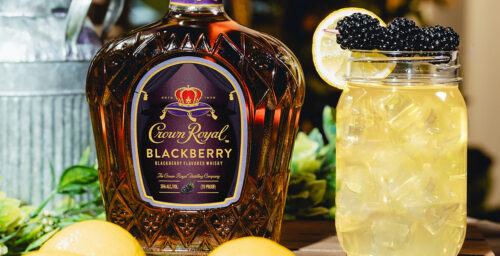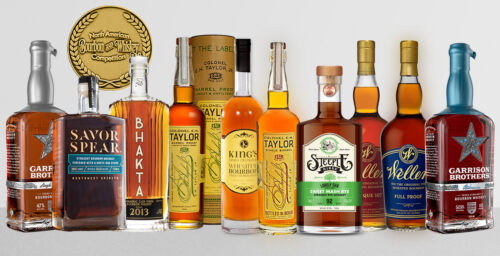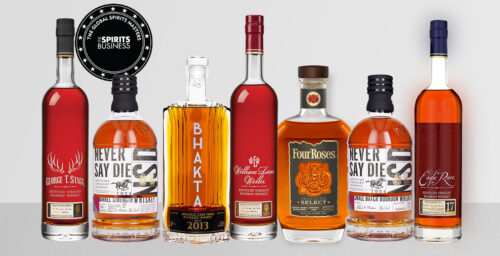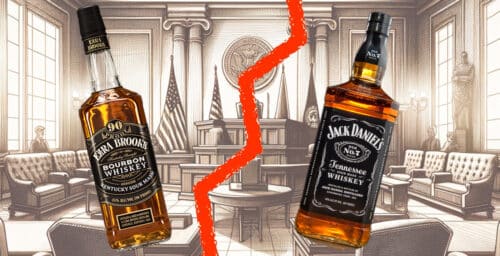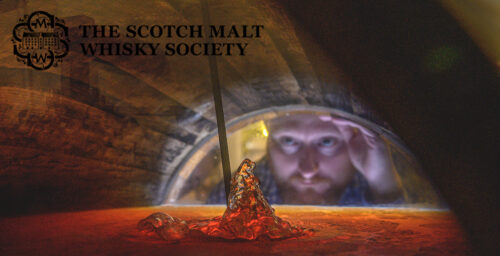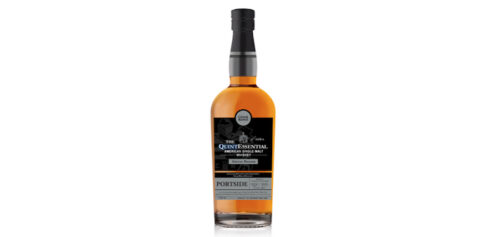Editor’s Note: This whisk(e)y was provided to us as a review sample by the party behind it. This in no way, per our editorial policies, influenced the final outcome of this review. It should also be noted that by clicking the buy link towards the bottom of this review our site receives a small referral payment which helps to support, but not influence, our editorial and other costs.
As far as the history books can tell us, rye whiskey as a varietal traces its lineage back to the 1750’s in Philadelphia. Rye is a type of grass which through human cultivation is now farmed as a cereal grain. Originating in Asia and migrating West, rye is cultivated in most of the northern hemisphere. Is it likely someone between 6500 BCE and 1750 AD tried to use the grain for liquor production? Yes. Have we found anyone who wrote about it? No. So Philadelphia is the de facto home of rye whiskey. Case Closed.
Focusing on the American experience, rye whiskey was a favorite of President George Washington. Washington, who lives as more myth than man for many Americans, also built a distillery on the Banks of Dogue Creek in Fairfax County Virginia. However, by most accounting rye has largely played second fiddle to bourbon in the United States.
From the American Civil War until the first World War, it is said rye whiskey had a home in the US. That was until the 18th Amendment and prohibition. Although rye as a grain was featured prominently in bootlegged whisky from Canada, as a style began to disappear. When the G.I.s returned from Europe the American palate changed. Scotch and Irish styles were the whiskies of choice. As for American spirits bourbon rebounded after the repeal of the 18th amendment, Rye never really recovered.
Distilleries, including Washington’s, closed all along the American east coast. Rye whiskey was a novelty with too few drinkers. Through the 60’s and into the late 80’s clear liquors became the favorite and rye as a style was almost relegated to the history books itself; but a curious thing happened in 1995-2000, the “cocktail revival.” With a resurgence in classic cocktails and attention to crafting new ones, rye whiskey found purchase. The lean, spicy whiskey played well in mixed drinks, and began being the specific whiskey for many cocktails. I know for this reviewer rye is the only choice for my Manhattan.
Today most of the rye whiskey is made by traditional bourbon distillers. There is some irony in that. Though as the rye whiskey market grows, and the cost of rye remains low, rye exclusive distilleries may make a comeback. Uncle Nearest is a Tennessee whiskey company, and Tennessee is a tough place to grow rye. Thus what I’m reviewing here, Uncle Nearest Straight Rye Whiskey, is a sourced whiskey, as that’s the case also for their uncut/unfiltered rye we’ve previously reviewed.
As explained by the distillery on this choice, again given the “challenges around growing rye in Tennessee,” which is where Uncle Nearest is located, “this whiskey originates in Canada – according to the exact American specifications required to be a straight rye whiskey – and is then aged in New York for a minimum of four years before moving down to Tennessee, where it is then rested in used Uncle Nearest barrels for additional maturation.”
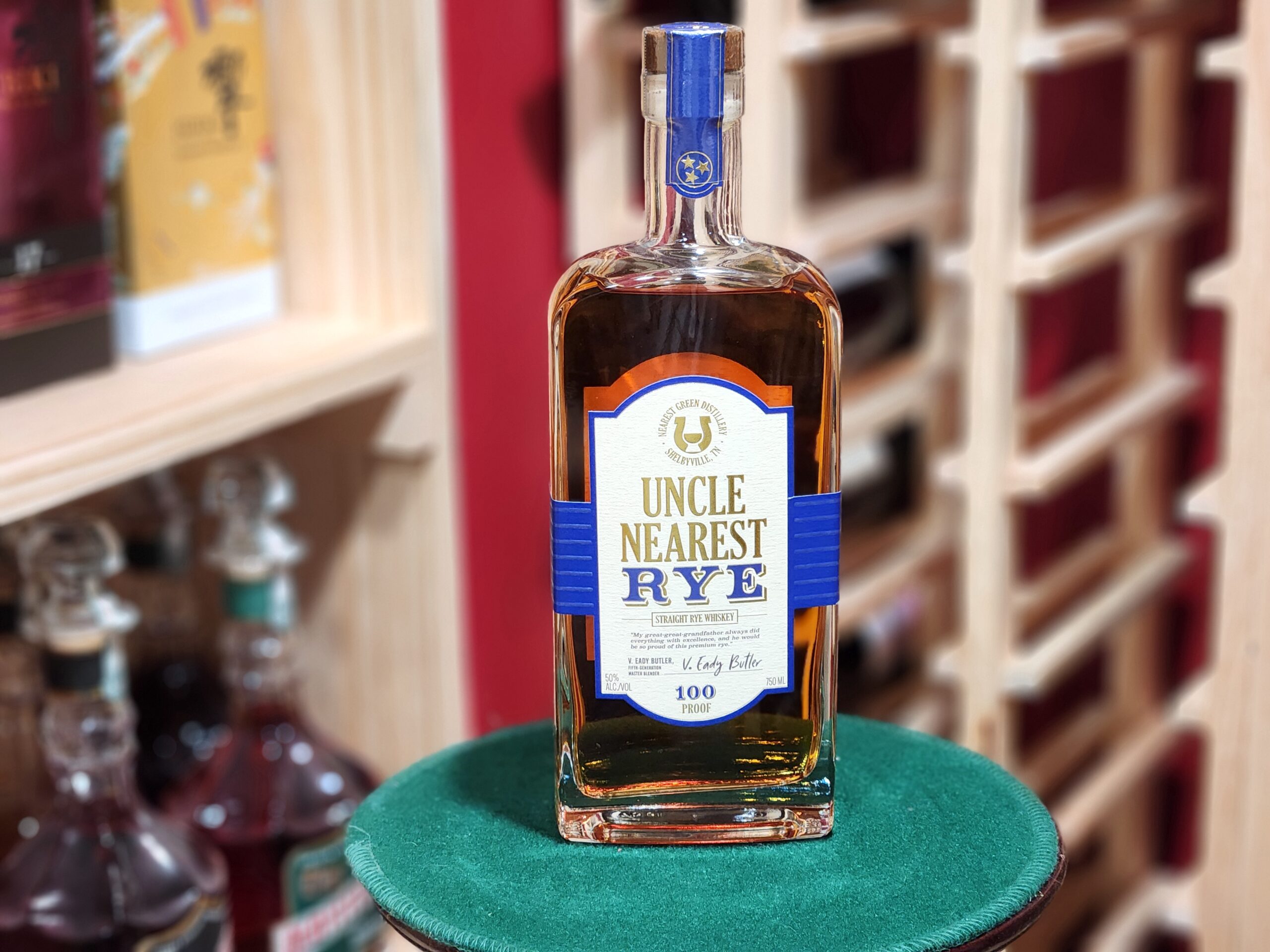
Tasting Notes: Uncle Nearest Straight Rye Whiskey
Vital Stats: Uncle Nearest 100% Rye whiskey, no age statement, 50% abv. MSRP: $59.00
Appearance: Light honey with wide quick legs.
Nose: First whiff brings forward notes of honeydew melon, oak, fall leaves, candied orange peal and nutmeg. It’s a fun journey through very soft notes and some character depth. Overall, it almost felt like a rich chardonnay wine, dry and crisp with sweet fruit.
Taste: This dried the mouth and left a semi-oily profile behind. The rye notes are here, with stone fruit and worn leather. The oak is a current that the rest of the flavors ride throughout this profile. As we transition into the finish, we start off with aged cigar tobacco that helps dry out the mouth. This has a wonderful finish, it just lasts. We get some crisp rye and char notes that remain on the tongue without going astringent or tannic.

